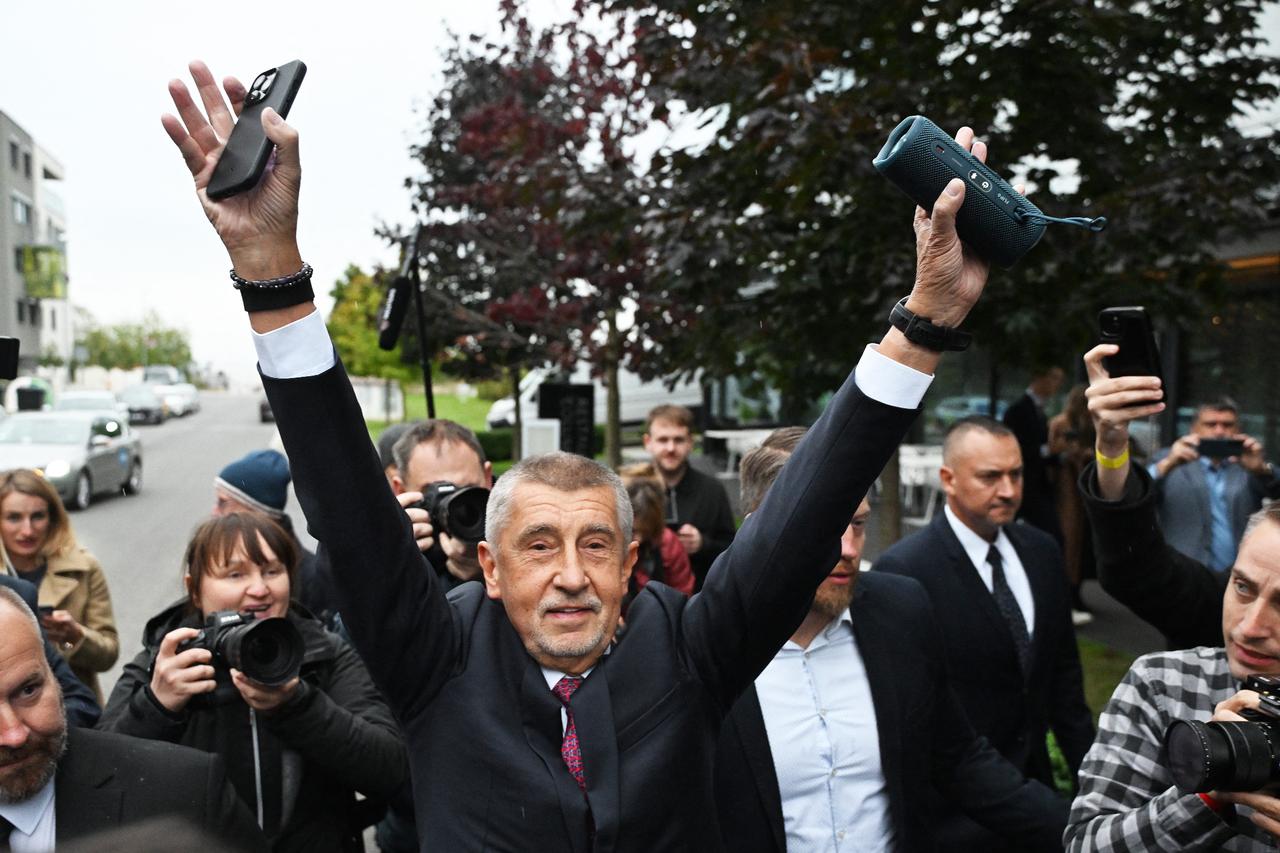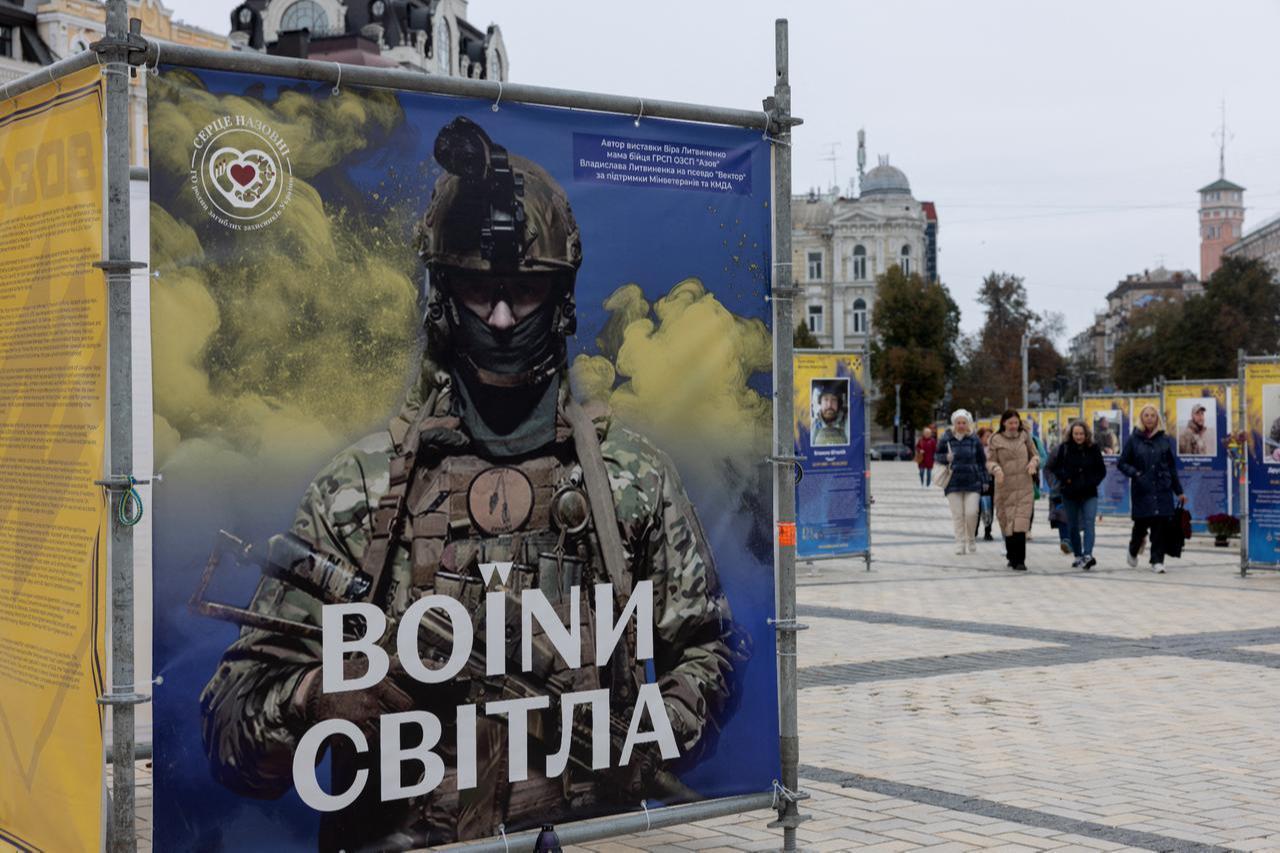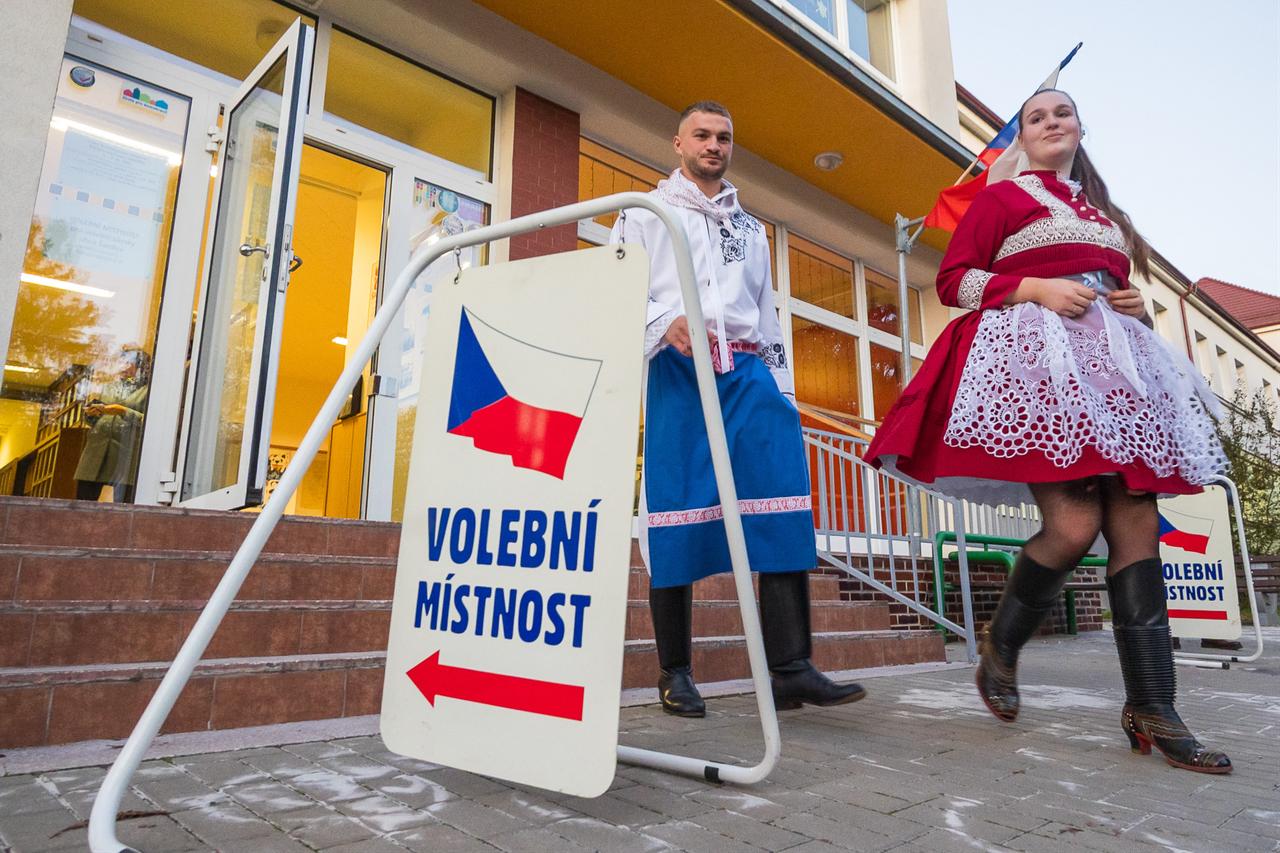
Billionaire businessman Andrej Babis and his populist party secured victory in Czech Republic's general election Saturday, potentially steering the European Union and NATO member nation toward a more Russia-friendly stance as the war in Ukraine continues.
With 97 percent of votes counted, Babis's ANO (Yes) party captured 35.2 percent of the vote in the country of 10.9 million, according to official results. The victory puts the 71-year-old former prime minister, who describes himself as a "Trumpist," in position to form the next government.

The result marks a significant shift for a nation that has been among Ukraine's supporters since Russia's February 2022 invasion. Outgoing Prime Minister Petr Fiala's Together coalition, which provided both humanitarian and military aid to Ukraine, finished second with 22.9 percent.
Babis campaigned on welfare promises and pledges to halt military assistance to Ukraine, describing himself as a "peacemonger" calling for a truce. His potential return to power could align Czech Republic more closely with Hungary and Slovakia, EU members that have refused military aid to Ukraine and opposed Russian sanctions.
The businessman's victory carries broader implications for European unity on Ukraine. In the European Parliament, ANO belongs to the far-right Patriots for Europe bloc, which Babis co-founded with Hungarian Prime Minister Viktor Orban, a vocal critic of EU Ukraine policy.

Despite his party's strong showing, Babis indicated he would prefer single-party rule but acknowledged the results suggest he will need coalition partners. Potential allies include the far-right Freedom and Direct Democracy party, which secured 7.9 percent while promoting a referendum on Czech EU membership — something Babis has rejected.
"What lies ahead for us is probably a government led by Andrej Babis, but the question is, who he will join forces with?" said Otto Eibl, an analyst at Masaryk University in Brno.
Czech President Petr Pavel, who will designate the next prime minister under the constitution, announced he would begin talks with elected party leaders Sunday. Pavel met with Babis earlier this week to discuss the tycoon's ongoing legal challenges, including fraud charges related to over $2 million in EU subsidies.
The election occurred amid concerns about Russian influence operations. The Czech Online Risks Research Centre reported that Czech-language TikTok accounts reaching millions systematically spread pro-Russian propaganda supporting anti-establishment parties. The European Commission held an emergency meeting with TikTok Thursday, after which the platform removed "several bots," according to spokesman Thomas Regnier.
Babis, who served as prime minister from 2017 to 2021, has maintained relationships with leaders like Orban and Slovakia's Robert Fico, both of whom have preserved ties with Moscow despite the invasion.
However, analysts suggest Czech foreign policy may not undergo dramatic changes. "Babis is a pragmatic businessman and the only thing he cares about is being prime minister," said Charles University analyst Josef Mlejnek, noting Babis's western European business interests.
Six parties appeared positioned to enter parliament in the EU and NATO member state, setting up complex coalition negotiations that will determine whether Czech Republic maintains its current pro-Western orientation or shifts toward the more Russia-accommodating positions of its regional neighbors.